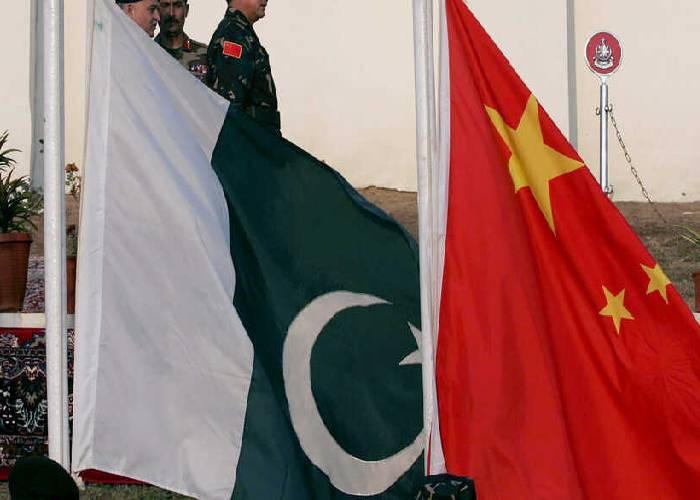×
The Standard e-Paper
Kenya’s Boldest Voice

Pakistan's support to Chinese actions near the border has evolved from counterterrorism measures taken against Uyghur-origin militants affiliated with South Asian jihadist outfits to lifting individuals at the behest of the Chinese government.